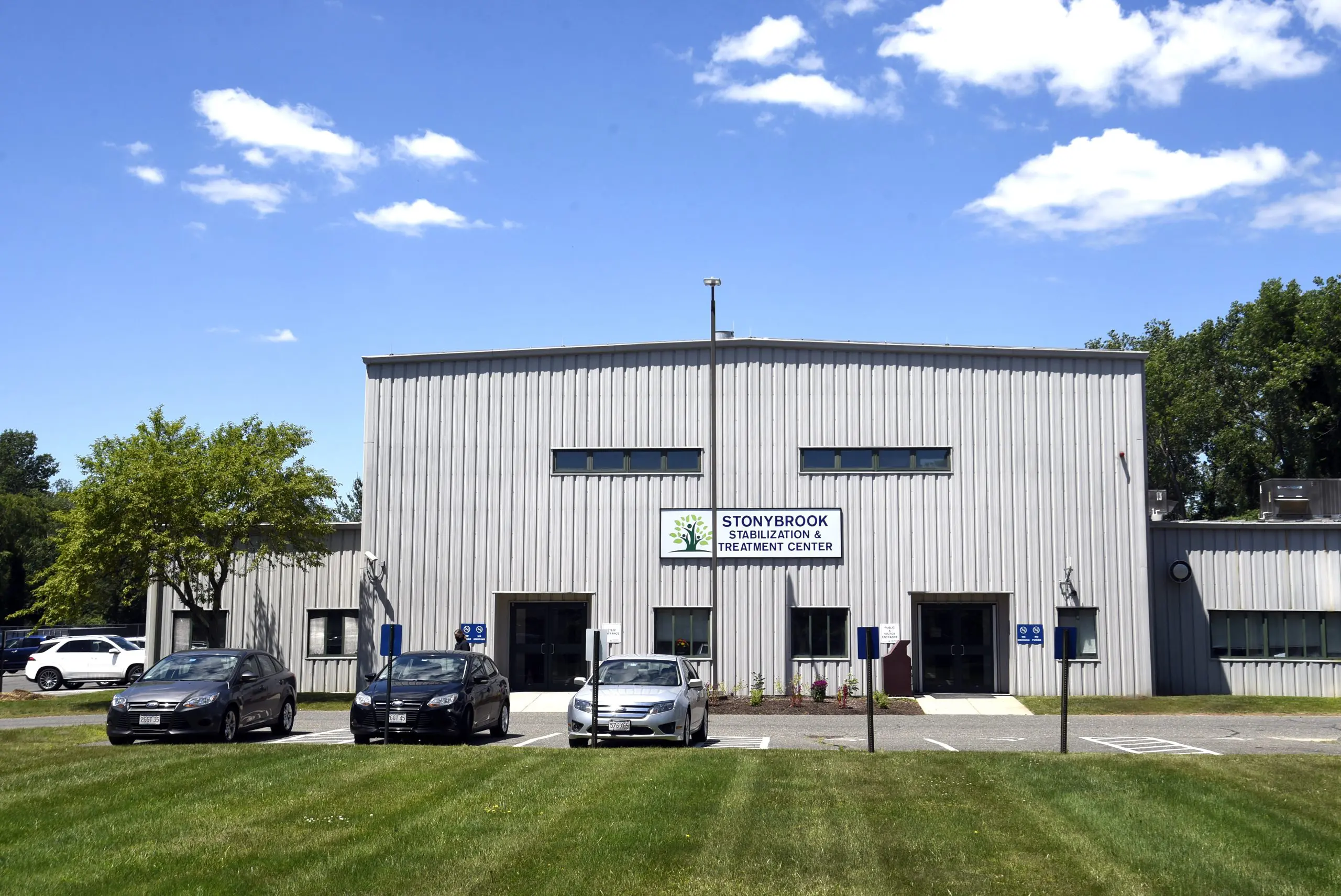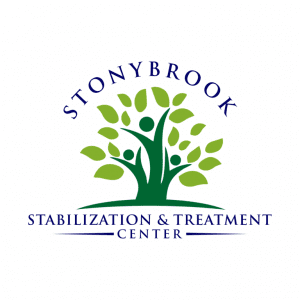

The Stonybrook Stabilization & Treatment Center (SSTC) is a Massachusetts Department of Public Health (DPH)-approved facility located in Ludlow, Massachusetts that provides substance use treatment for individuals committed by the court under MGL Chapter 123 Section 35. The mission of the Stonybrook Stabilization & Treatment Center is to help individuals affected by Substance Use Disorders (SUDs) to stabilize and gain access to treatment. Our commitment is to help each client take steps to move toward an improved quality of life.
SSTC recognizes there are many different pathways to recovery, and each individual determines their own way. Recovery from Substance Use and/or Mental Health Disorders involves a process of change by improving health and wellness, living a self-directed life and striving to reach one’s full potential.
SSTC provides evidence-guided, trauma-informed and family-focused treatment. Under MGL 123 Section 35, a commitment may be up to but not exceed 90 days. Statutory reviews occur at days 30, 45, 60, 75 and 90. An individual will be reviewed by a multidisciplinary team and approved for discharge when they cease to meet the criteria of there being a likelihood of serious harm as a result of their substance use disorder. An individual who has met program expectations related to group attendance, behavior and developing a comprehensive discharge plan will receive a successful completion letter upon discharge.
Summary of Hampden County Sheriff’s Office’s Section 35 Program Model
The SSTC is committed to providing a safe, secure and structured treatment environment where clients can take stock of their life, create a new beginning, learn and grow. This is accomplished through withdrawal management, assessment, treatment planning, individual counseling, group treatment and discharge planning in order to promote a healthier and more meaningful lifestyle upon return to the community. We foster an environment of harmony and collaboration.
A Note about the Intervention: “The How”
Individuals have the opportunity to participate in up to 10 treatment groups daily. Groups include but are not limited to topics such as: recovery roadmaps, relapse prevention, recovery wellness planning, Cognitive Behavioral Therapy, Dialectical Behavior Therapy, process groups, meditation, mindfulness and physical wellness. Individuals can participate in daily recovery meetings including AA, NA, SMART Recovery and Refuge Recovery. Each individual is assigned a SUD counselor with whom they will meet to develop a treatment plan and for weekly individual counseling. Individuals diagnosed with a co-occurring mental health disorder will also meet with an assigned Mental Health Clinician.
Evidence-guided: Treatment design follows evidence-based principles empirically demonstrated to show efficacy with SUD populations. No known interventions with replicated, peer-reviewed studies exist for a 30- to 90-day population, so the SSTC uses adaptations of evidence-based models. Outcomes from research conducted among adults with substance use and mental health disorders inform treatment design, facilitation, consultation and staff supervision. Motivational Interviewing, an evidence-based approach shown to be highly correlated with behavioral health outcomes, forms the core of the staff approach.
Trauma-informed: The incidence of early and repeated trauma among adults with SUD is well-established in research literature. SSTC proceeds with a commitment to factor this common life experience into the approach with those we serve. For example, group treatment session plans address trauma, and the entire program approach emphasizes options rather than a prescriptive or coercive model.
Family-focused: Entire families bear the effects of SUD. Group and Individual treatment take this into account, helping clients to view themselves and their SUD as part of a larger family constellation. Individuals may be eligible to participate in a Family Transition Session, which is an opportunity to meet with family member(s) and discuss the ways the family has been impacted by their substance use, healthy support options and discharge plans. Family Transition Sessions are structured and goal-oriented.
